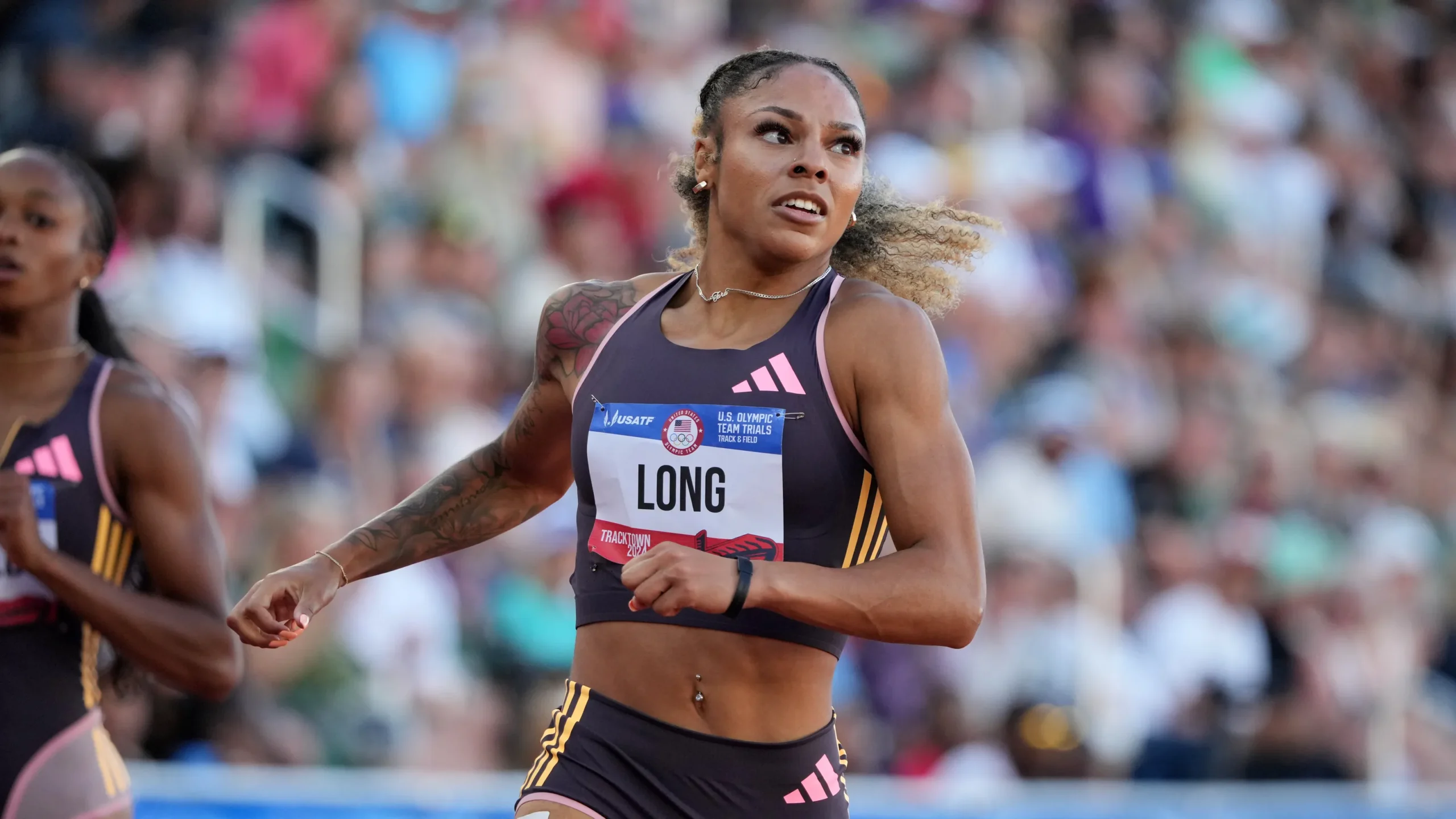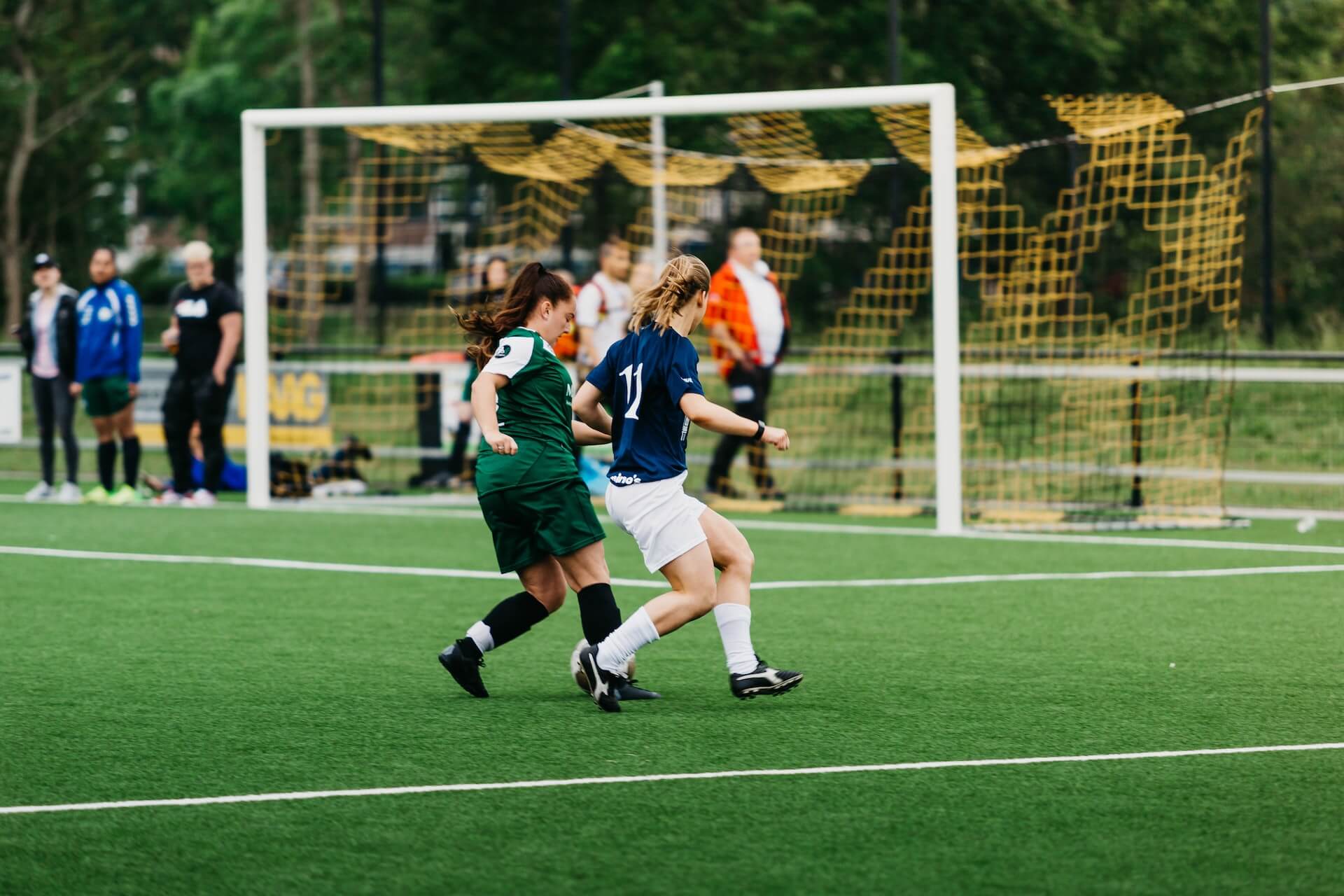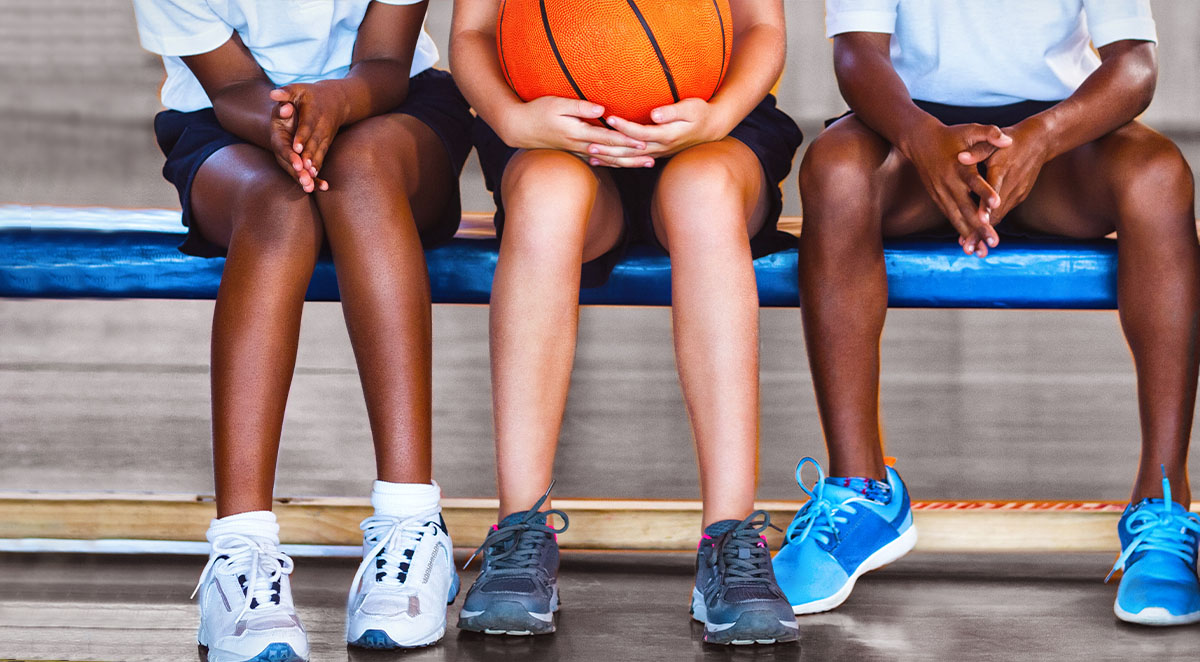Sports have been part of human culture for thousands of years, evolving from ancient competitions to today’s global events that captivate millions. Whether it’s the roar of a stadium crowd during a championship game, the quiet focus of a runner on a morning trail, or the excitement of a neighborhood soccer match, sports hold a unique power. They inspire us, connect us, and teach valuable lessons about perseverance, teamwork, and personal growth.
In the modern world, sports are more than just games. They are a driving force for healthier lifestyles, stronger communities, and even economic growth. But beyond the scores and highlights, their deeper value lies in how they shape individuals and societies.
The Health Benefits of Sports
At their core, sports promote physical well-being. In an era dominated by screens and sedentary work, regular participation in sports offers a natural remedy for many health challenges. From reducing the risks of heart disease and obesity to improving flexibility, coordination, and overall stamina, physical activity is essential for long-term wellness.
But the benefits go beyond the body. Sports also boost mental health by reducing stress, anxiety, and depression. The endorphins released during physical activity act as natural mood enhancers, while the discipline and focus developed through training can improve confidence and resilience. For children and teenagers, sports also promote better sleep, improved concentration, and a foundation for lifelong healthy habits.
Building Character and Life Skills
Sports are often called a “school of life,” and for good reason. Athletes—whether professional or recreational—learn lessons that extend far beyond the field or court. Team sports teach collaboration, communication, and the importance of shared goals, while individual sports like running or tennis develop self-reliance and inner discipline.

These skills are invaluable in personal and professional life. Learning to cope with losses, adapt to challenges, and celebrate victories builds emotional strength. Many successful leaders and entrepreneurs attribute their resilience and work ethic to lessons learned through athletics.
Sports as a Social Connector
Few things bring people together like sports. Local leagues, community fitness events, and global spectacles like the FIFA World Cup or the Olympics create opportunities for connection, bridging cultural, linguistic, and social divides. Supporting a team, playing alongside friends, or even simply sharing highlights online fosters a sense of belonging.
In neighborhoods, recreational sports encourage community engagement. Families come together at local games, friendships form on fields and courts, and new residents find common ground through shared interests. On a global scale, sports can transcend politics and borders, promoting peace and understanding among diverse groups.
The Rise of Fitness and Recreational Sports
While professional sports dominate headlines, recreational and fitness-oriented activities are shaping modern athletic culture. More people are participating in marathons, triathlons, and charity runs than ever before. Group classes like yoga, CrossFit, and spin offer a social element, while outdoor activities such as hiking, cycling, and paddleboarding connect participants with nature.
This shift shows that sports aren’t only about competition. They are increasingly about self-improvement, stress relief, and fun. Many adults who don’t consider themselves “athletes” are still incorporating physical activity into their lives, blending recreation with health and lifestyle goals.
Technology’s Role in Modern Sports
Technology is revolutionizing how we engage with sports. Wearable fitness trackers, smartwatches, and performance apps allow athletes of all levels to monitor their progress, set goals, and stay motivated. Virtual platforms and streaming services make it easy to watch and learn from professionals, while social media connects fans, trainers, and athletes around the world.
E-sports—competitive video gaming—has also emerged as a major player in the sports landscape, proving that competition and community extend beyond traditional physical activities. While not a replacement for physical exercise, it represents how broad the definition of “sports” has become in the digital age.
Youth Sports: Building the Future
Youth sports programs are essential for introducing children to active lifestyles and valuable skills. Beyond fitness, kids gain social skills, confidence, and a sense of discipline through regular participation. Coaches and mentors play crucial roles in shaping not just athletes, but future leaders and engaged citizens.
However, accessibility remains a challenge. Rising costs of equipment, travel, and league fees can make organized sports difficult for some families to afford. Addressing these barriers is key to ensuring all children have the chance to benefit from the lessons and opportunities sports provide.
The Business and Cultural Impact of Sports
Sports aren’t just personal—they’re big business and cultural phenomena. Professional leagues generate billions annually, creating jobs, driving tourism, and inspiring global fanbases. Major sporting events often unite entire nations, boosting morale and national pride.
At the same time, athletes have become cultural icons and advocates for social change. From promoting healthy lifestyles to championing causes like racial equality, gender equity, and environmental sustainability, sports figures are using their platforms to inspire action far beyond the playing field.
Keeping Balance in Sports Culture
While the benefits of sports are undeniable, maintaining balance is essential. The pressure to perform—whether at the professional or amateur level—can lead to stress, burnout, and even physical injury. It’s important for athletes and fans alike to prioritize enjoyment and health over unrealistic expectations.
Sports should remain an avenue for growth and connection, not just a pursuit of perfection. By focusing on the intrinsic rewards—like camaraderie, personal achievement, and the simple joy of movement—participants can create a sustainable, lifelong relationship with athletics.

Conclusion: Sports as a Lifelong Journey
Sports are far more than games. They are a gateway to healthier living, a bridge between cultures, and a source of inspiration for millions. Whether you’re chasing a ball, crossing a finish line, or cheering from the stands, the impact of sports is profound and lasting.
As our world continues to change, the role of sports will only grow, helping people stay active, connected, and resilient. The true beauty of athletics lies not in the trophies or records, but in the way they shape our bodies, minds, and communities for the better.

